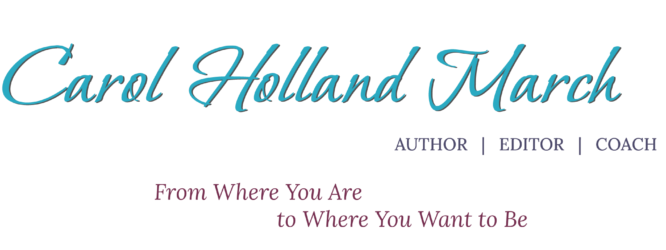[et_pb_section admin_label=”section” transparent_background=”off” allow_player_pause=”off” inner_shadow=”off” parallax=”off” parallax_method=”off” padding_mobile=”off” make_fullwidth=”off” use_custom_width=”off” width_unit=”on” make_equal=”off” use_custom_gutter=”off”][et_pb_row admin_label=”row”][et_pb_column type=”4_4″][et_pb_text admin_label=”Text” background_layout=”light” text_orientation=”left” use_border_color=”off” border_color=”#ffffff” border_style=”solid”]

The roadmap to emotional health hides without our own bodies. The clues that something is wrong may take the form of pain, symptoms that appear without cause, even illness.
When we don’t deal with difficult situations and the emotions they evoke, those emotions find their way down into our bodies where they may hide out for years without making a peep. Or, they may cause a gradual sense of depression, stagnation, not being as alert as before.
As we encounter more challenges, we stir up those old emotions. They may cause unease, anxiety, difficulty in concentrating or deciding. The more we ignore the messages from our body, the more we invalidate our physical self. The split widens between our physical and mental realities.
Healing in its broadest sense means more than stopping the pain in an aching back or reducing the symptoms of a cold. It is opening a line of communication with our bodies and asking
- What do you need?
- What are you trying to tell me?
- How can I help?
Now, this takes practice. Also, persistence. An open mind. Willingness to change. Most people decide it’s easier to take a pill for pain or get an allergy shot.
Now, I’m not advocating refusing medical treatment for an illness, physical or emotional. The medical profession is unsurpassed at treating acute illnesses and injuries and many diseases.
But you can enhance the efficacy of any treatment with the use of “complementary therapies” such as massage, acupuncture, herbs, energy healing, etc. One result of these therapies is they help you move what is stuck in your body, physically and emotionally. Releasing old emotions, old ideas, and outmoded beliefs will help open the lines of communication between your mental awareness and your physical awareness.
Another strategy that works wonders is to increase your self-compassion. Instead of criticizing yourself if you fail to meet a goal or don’t perform to expectations, step back and give yourself some slack.
Our high-strung society rewards competition, conflict, and winning. It results in people who suffer from stress-related illnesses, cannot relax, and who judge others and themselves
Alternatives to self-criticism
- We can recognize the signals from our bodies that we are stressed, overworked or struggling, without judgment.
- Instead of getting out the whip and urging ourselves on to greater effort, we can be kind and let ourselves rest. After periods of rest and play, solutions to problems often appear with no effort.
- Remind ourselves that everyone experiences difficulties and setbacks. The person in the next office may not admit they are behind on their projects, but the tight jaw and frown lines, the clipped tones and impatient voice tell us what is going on. We are not the only ones overwhelmed.
- No one is perfect, no matter what your parents or your internal programming insist. Perfectionism is the surest road to chronic stress. Do your best. If you always do the best you can, you have nothing to feel guilty about.
If we practice self-compassion, it is easier to have compassion for others. After all, we’re all in this life together. If we don’t see the world in dog eat dog, win/lose terms, we’ll attract others into our life who are more loving and forgiving.
Noticing how we respond to our own “negative” thoughts and feelings are one clue. Another is what our body has to say through our feelings, our moods, our aches and pains.
The next time your back acts up, try breathing through your heart and from that neutral space, ask yourself, What’s wrong? What do I need to do?

[/et_pb_text][/et_pb_column][/et_pb_row][/et_pb_section]


 Do you ever wonder why you feel like you do?
Do you ever wonder why you feel like you do?

 Shaking hands with ourselves can calm our emotions and reduce stress, but how do we do that?
Shaking hands with ourselves can calm our emotions and reduce stress, but how do we do that?
